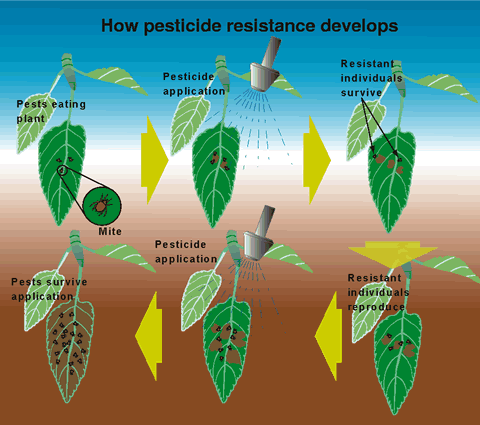Biopiracy: Monsanto Tries Patenting Natural Tomatoes

Many individuals are aware that biotech has developed a seed monopoly largely by patenting genetically modified organisms, but not everyone realizes that Monsanto tried to patent a tomato that had no biotech traits. Now, the European Patent Office (EPO), with help from an international coalition, No Patents on Seeds!, has revoked Monsanto’s fraudulent patent and claim to tomatoes that are naturally resistant to a fungal disease called botrytis.
These natural, non-GMO tomatoes, like many healthy plants, have a natural resistance to certain pests. In this case, a fungal disease, but this is not a novel phenomenon. Why Monsanto would try to claim they created it is about as believable as Syngenta or Dow saying they invented the sun.
Though plant breeders can help plants develop this natural pest resistance, much of it is innate – the same as our own immune systems. When individual plants reproduce, they pass along exceptional combinations of genes to their offspring. Varying environments (such as cold, or dry, moist or breezy) favor individuals with different physical and behavioral traits. Individual plants with genes that improve their survival will be more likely to pass along these genes compared to the rest of the population.
There is no genetic manipulation via biotech technologies. None is needed. Mother Nature is pretty smart like that.
Of course, if the soil is replete with organic, non-industrial nutrients, the plants develop an even better immune system, and more resilient, and then pass these traits on to their progeny.
Though Monsanto has nothing at all to do with this process for a specific breed of tomato, they were able to get Patent EP1812575 – which has now been revoked. The tomatoes used to obtain their ‘monopoly’ on another seed were obtained from a gene bank in Gatersleben, Germany, and it was already common knowledge that these plants had a desirable resistance to botrytis.
Monsanto’s clever lawyers created wording in their patent application to give the impression that the seed was genetically engineered to produce this quality. They made the tomato look their “invention.” This is essentially biopiracy.
The revoking of this patent is important because it tells Monsanto and other biotech companies that the world will not stand down to its abuse of patent laws. It will also allow plant breeders and home gardeners access to a larger variety of naturally resistant plants.
Christoph Then, a coordinator of No Patents on Seeds!, states:
“The intended resistance is based on complex genetic conditions, which are not known in detail. So genetic engineering is clearly not an option in this case.”
The coalition of No Patents on Seeds! has filed further oppositions against patents held by the US company covering broccoli which can be harvested mechanically (EP 1597965), melons that are resistant to plant viruses (EP1962578), and a selection of plants for breeding soybeans (EP 2134870) adapted to climate change.
Activists are calling on the European government to review the way patents are obtained by biotech, and to make certain that existing prohibitions on plant patents is observed. This, in turn, should make those who grow our food less dependant on biotech creations, and more self-reliant, as more diverse seed becomes available for planting.
Hundreds of plant and animal varieties that are the result of a biological process and not GMO tinkering have been given patents by the EPO, and over 2400 patents for genetically modified seeds have been given to Monsanto alone. This single company controls more than 25 percent of the world seed supply, and they aim to control more. We simply cannot let that happen.
Additional Sources:


